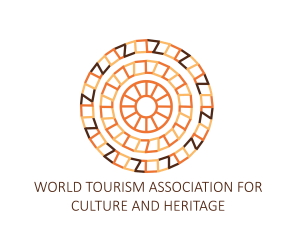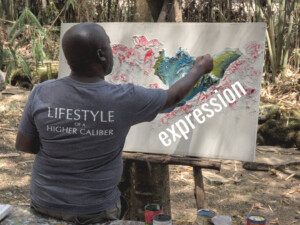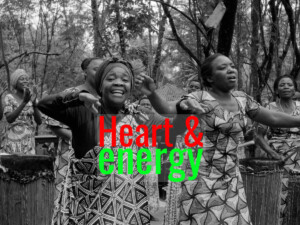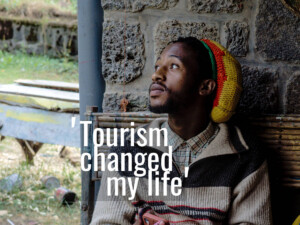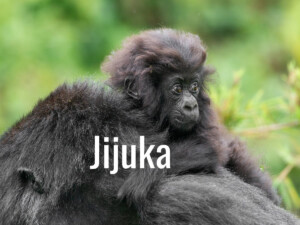Tapping potential, preserving value: Rwanda’s cultural heritage tourism challenges
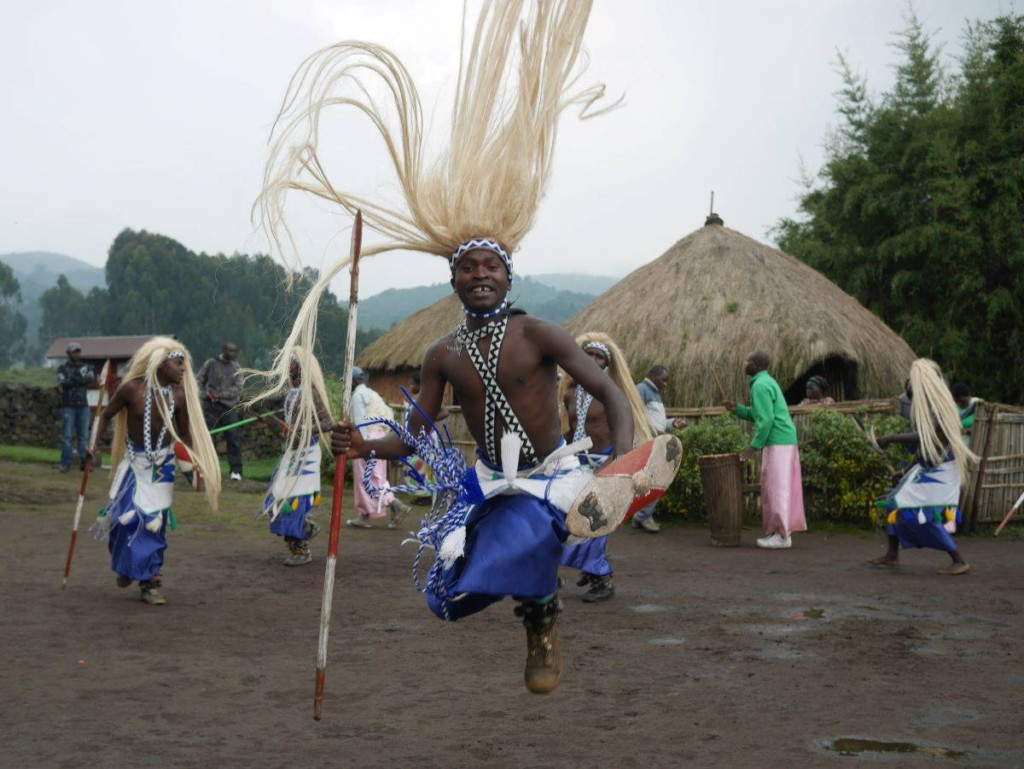
What challenges face those who would tap Rwanda’s cultural heritage for tourism and development while preserving it for community identity now and in the future?
Tour operator Greg Bakunzi shares his thoughts in a “Good Tourism” Insight.
[Thanks to “GT” Insight Partner the World Tourism Association for Culture and Heritage (WTACH) for inviting Greg.
You too can write a “GT” Insight.]
Rwandan communities have become increasingly eager to find ways to attract tourists and capture the dollars they bring.
As the tourism industry boomed (pre-COVID), my organisation, the Red Rocks Intercultural Center, initiated tourism projects that we hope will help communities tap the cultural heritage potential of Rwanda while preserving its full value.
Among our many areas of sustainable development interest — environment, agriculture, education, skills development, and others — we help to empower communities with the tools to put them on the map as leaders in cultural heritage tourism.
Don’t miss other “Good Tourism” posts tagged with
“Destinations & Places in Africa”
Also check out “GT” Travel Experiences in Africa
We were inspired to involve cultural tourism in our programs since we know it creates jobs and new business opportunities and strengthens the local economy. Importantly, such programs also help to protect cultural heritage and to improve the quality of life of residents and the experiences of visitors.
Linking tourism with heritage and culture benefits the local economy. We believe that cultural heritage tourism is not just something to preserve for future generations, but is in fact an asset that can be leveraged to bring real economic benefits.
While incorporating cultural heritage into our programs, some of the challenges we face include:
- Poor planning mechanisms;
- Inadequate development controls;
- Lack of defined limits to the transformation of historical sites;
- Little popular participation;
- Unproductive preservation policies;
- Lack of funding; and
- The influence of Western cultures and habits, including Christianity, commerce, civilisation, change, development, looting, antiquarians, among others.
To overcome the challenges, we are gradually moving away from simply making an inventory of heritage resources to developing an integrated and interlinked approach to heritage management.
We want cultural heritage to become part of the urban identity now and in the future. We think it is wise to place the issues of heritage conservation within the overall process of urban development, as well as to interlink it with other issues such as economic development (including tourism), revitalisation, and local governance.
In responding to pressures for the future, including people’s natural desire for economic development and modernisation, it is vital to not only protect cultural tourism resources but also promote community development that accommodates culture.
At Red Rocks we have created awareness-raising and outreach programs to facilitate access to cultural heritage and social capital during popular holidays.
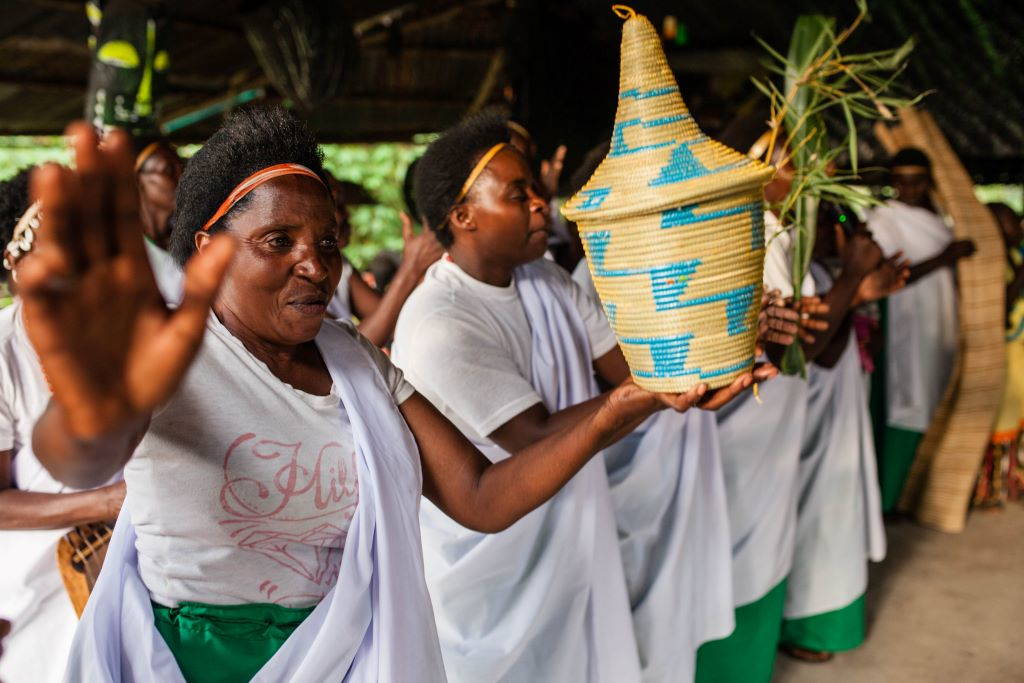
The establishment of Umuganura (harvest celebrations), for example, has not only contributed to the rebirth of national pride in sustainable agricultural practices but also now serves to showcase “homegrown” solutions for sustainable socio-cultural development. These can be adopted and adapted for local circumstances.
These initiatives still need to be scaled up to benefit a much wider audience, but they have already significantly contributed to regional integration, sustainable development, and even the promotion of peace through, for example, the production and dissemination of cultural and artistic performances.
With stakeholders who value both the social and economic roles of cultural heritage, we are investigating possibilities for more ethical, engaged models of heritage management that can also deliver on agendas of development.
In collaboration with our partner, the Rwanda Heritage Academy, we are seeking to bridge this gap through technocratic improvement; enhancing our community leaders’ understanding of “ownership”, and drawing on higher state-level discourses around self-reliance and homegrown solutions.
Don’t miss other “Good Tourism” posts tagged with
“Culture, cultural heritage, & history tourism”
Also check out “GT” Travel Experiences of culture
Tangible or built cultural heritage is important too.
The care for our historical memorial sites in Rwanda reveals the degree of civilisation and morality in our country.
Preserving and protecting our cultural heritage sites across the country is in the state’s best interests as well the interests of the communities that live nearby.
The memories surrounding these heritage sites are of paramount significance to a cultural memory that gives Rwandans a sense of belonging and helps to restore normality and progress.
Material cultural heritage is a symbolic necessity that gives meaning to our lives by connecting the past to the present and future.
We believe that the power to change things for the better comes from within.
So it is up to us at Red Rocks, alongside our partners, to offer our protection to cultural heritage sites, objects, and practices across our country.
Featured image (top of post): Image by lynnx10 (CC0) via Pixabay.
About the author

Greg Bakunzi worked as a tour organiser and guide in Rwanda for various international tour operators for many years before starting Amahoro Tours in 2002. In 2013, Mr Bakunzi founded the Red Rocks Rwanda eco tours company and social enterprise to “bring under-served communities into the tourism supply chain and support community development projects that help people help themselves”. Greg later founded the not-for-profit Red Rocks Initiative for Sustainable Development as a home for all the non-commercial activities that Red Rocks Rwanda started, and to “integrate tourism, conservation and sustainable community development”.
Thanks to “GT” Insight Partner the World Tourism Association for Culture and Heritage (WTACH) for inviting Greg to write a “GT” Insight.


